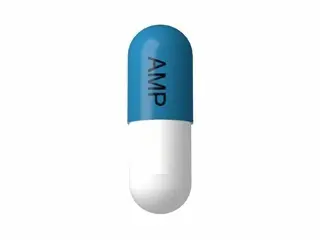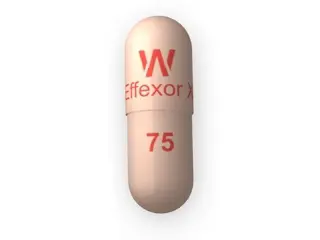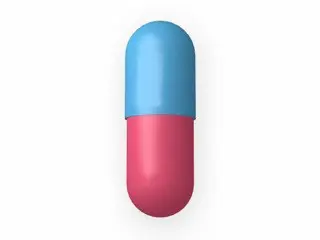Antidepressants
Shop a wide range of effective antidepressants to support your mental well-being. Find trusted medications to help manage depression and improve mood, available for easy purchase.
Antidepressants are medications designed to treat symptoms of depression and other mood disorders. They work by balancing chemicals in the brain that affect mood and emotions. There are several types of antidepressants, each with a unique mechanism of action. In this review, we will briefly discuss some popular medications in this category.
Abilify is an atypical antipsychotic often used as an adjunct for depression. It helps improve mood and energy levels when standard antidepressants are not enough. It can cause side effects such as weight gain and drowsiness.
Bupropion SR is known for its stimulating effect. It helps reduce fatigue and improve concentration without causing sexual side effects common in other antidepressants. It also aids in smoking cessation.
Celexa (citalopram) is a selective serotonin reuptake inhibitor (SSRI). It increases serotonin levels in the brain, which helps lift mood and reduce anxiety. It is generally well tolerated but can cause nausea or sleep disturbances.
Cymbalta (duloxetine) is a serotonin-norepinephrine reuptake inhibitor (SNRI). It treats depression and anxiety, as well as nerve pain. It may cause dry mouth, dizziness, or sweating.
Desyrel (trazodone) is often used for depression and insomnia. It helps improve sleep quality in addition to mood improvement. Drowsiness is a common side effect.
Effexor and Effexor XR (venlafaxine) belong to the SNRI class. These options are effective for major depression and anxiety disorders. They may increase blood pressure and cause withdrawal symptoms if stopped suddenly.
Elavil (amitriptyline) is a tricyclic antidepressant (TCA). It is used for depression and certain types of pain. Side effects can include dry mouth, constipation, and dizziness.
Endep is another name for amitriptyline, sharing the same properties and side effects.
Eskalith (lithium) is mainly used for bipolar disorder but can help stabilize mood in depression. It requires regular blood tests to avoid toxicity.
Geodan (ziprasidone) is an atypical antipsychotic used alongside antidepressants for treatment-resistant depression. It may cause weight changes and sedation.
Lexapro (escitalopram) is an SSRI similar to Celexa but often preferred due to a cleaner side effect profile. It helps alleviate depression and anxiety.
Luvox (fluvoxamine) is an SSRI primarily used for obsessive-compulsive disorder and depression. Nausea and sleep issues can occur.
Nortriptyline and Pamelor (both nortriptyline) are TCAs that treat depression and nerve pain. They are effective but often cause sedation and dry mouth.
Paxil and Paxil CR (paroxetine) are SSRIs with strong effects on anxiety and panic disorders. They can cause weight gain and withdrawal symptoms.
Remeron (mirtazapine) is known to improve sleep and appetite. It can cause weight gain and drowsiness.
Risnia is an antipsychotic used in combination with antidepressants for depression. Side effects include weight gain and metabolic changes.
Risperdal (risperidone) is similar to Risnia. It is used for mood disorders alongside antidepressants and may cause increased prolactin levels.
Seroquel (quetiapine) is an atypical antipsychotic often prescribed for depression and bipolar disorder. It can lead to sedation and weight gain.
Sinequan (doxepin) is a TCA used for depression and anxiety. It also helps with insomnia. Drowsiness is common.
Tofranil (imipramine) is a TCA used to treat depression and some anxiety disorders. It has typical TCA side effects like dry mouth and dizziness.
Venlor (venlafaxine) is the same as Effexor and Effexor XR, an SNRI effective against depression and anxiety.
Wellbutrin and Wellbutrin SR (bupropion) are notable for being stimulants in the antidepressant category. They are used to help with energy and mood without typical SSRI side effects.
Zyprexa (olanzapine) is an antipsychotic sometimes combined with antidepressants in resistant depression. It carries a risk of significant weight gain and metabolic issues.
Choosing the right antidepressant depends on the individual’s symptoms, history, and side effect tolerance. SSRIs like Celexa and Lexapro are often first choices due to their tolerability. SNRIs (Cymbalta, Effexor) may be better when pain or anxiety are also present. TCAs and atypical antipsychotics are usually used in more resistant cases. Consultation with a healthcare provider is essential to find the best treatment.



























